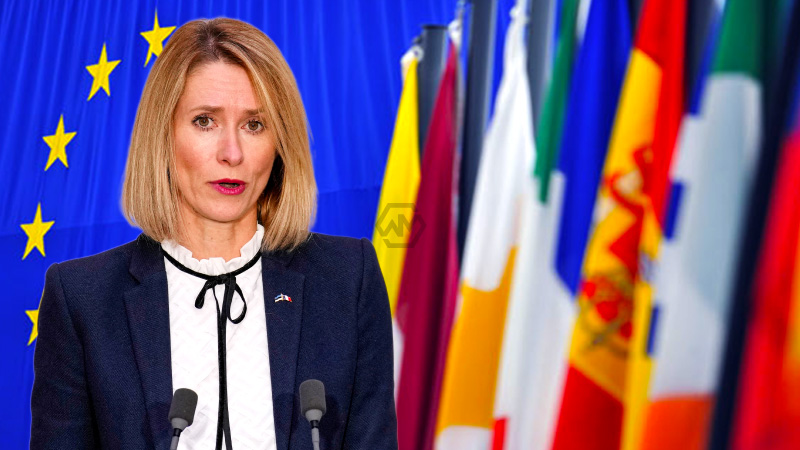- Kaja Kallas resigns as Estonia’s Prime Minister to join the EU as foreign policy chief.
- Estonia’s government enters caretaker mode pending approval of a new Prime Minister.
- Kristen Michal nominated to succeed Kallas, highlighting continuity in Estonian leadership.
Estonia’s Prime Minister Kaja Kallas has resigned from her position to take up the role of the EU’s foreign policy chief, a move that underscores her transition from national to European leadership.
Kristen Michal, a veteran of Estonia’s Reform Party and current Climate Minister, has been nominated to succeed Kallas. His appointment requires approval from President Alar Karis and the Riigikogu, where the coalition holds a strong majority.
Estonia Transitions Leadership: Kaja Kallas Steps Aside for EU Role
Estonia’s political landscape is set for a change as Prime Minister Kaja Kallas steps down to assume the role of the EU’s foreign policy chief. Known for her tenure marked by crises such as the pandemic and geopolitical tensions with Russia, Kallas leaves behind a legacy of staunch support for Ukraine amidst its conflict with Russia. The resignation of Kallas also triggers the dissolution of her coalition government, which will operate in a caretaker capacity until a successor is confirmed.
Kristen Michal, nominated as Kallas’s successor, brings years of experience within Estonia’s political scene, particularly within the Reform Party. His candidacy underscores a continuation of Estonia’s strategic priorities both domestically and within the EU, focusing on issues ranging from climate policy to regional security concerns. Michal’s appointment process will involve approval by both President Karis and the Riigikogu, ensuring a smooth transition in leadership despite ongoing challenges at home and abroad.
Estonia’s political transition from Kaja Kallas to the nomination of Kristen Michal reflects continuity and commitment amidst evolving European dynamics, underscoring Estonia’s pivotal role in regional and EU affairs.
“Estonia under Kallas has been one of Europe’s most vocal backers of Ukraine following the full
-scale Russian invasion in February 2022.



